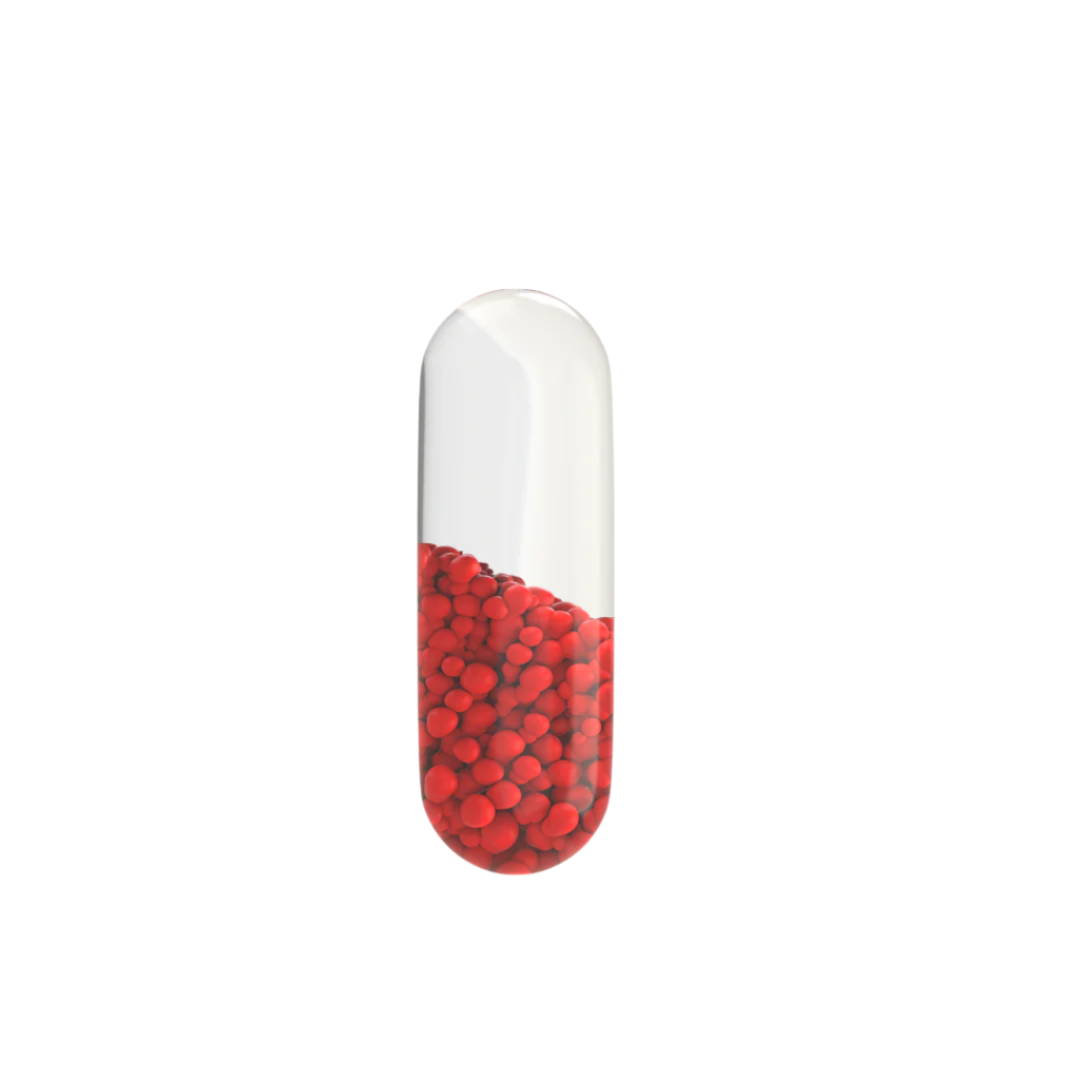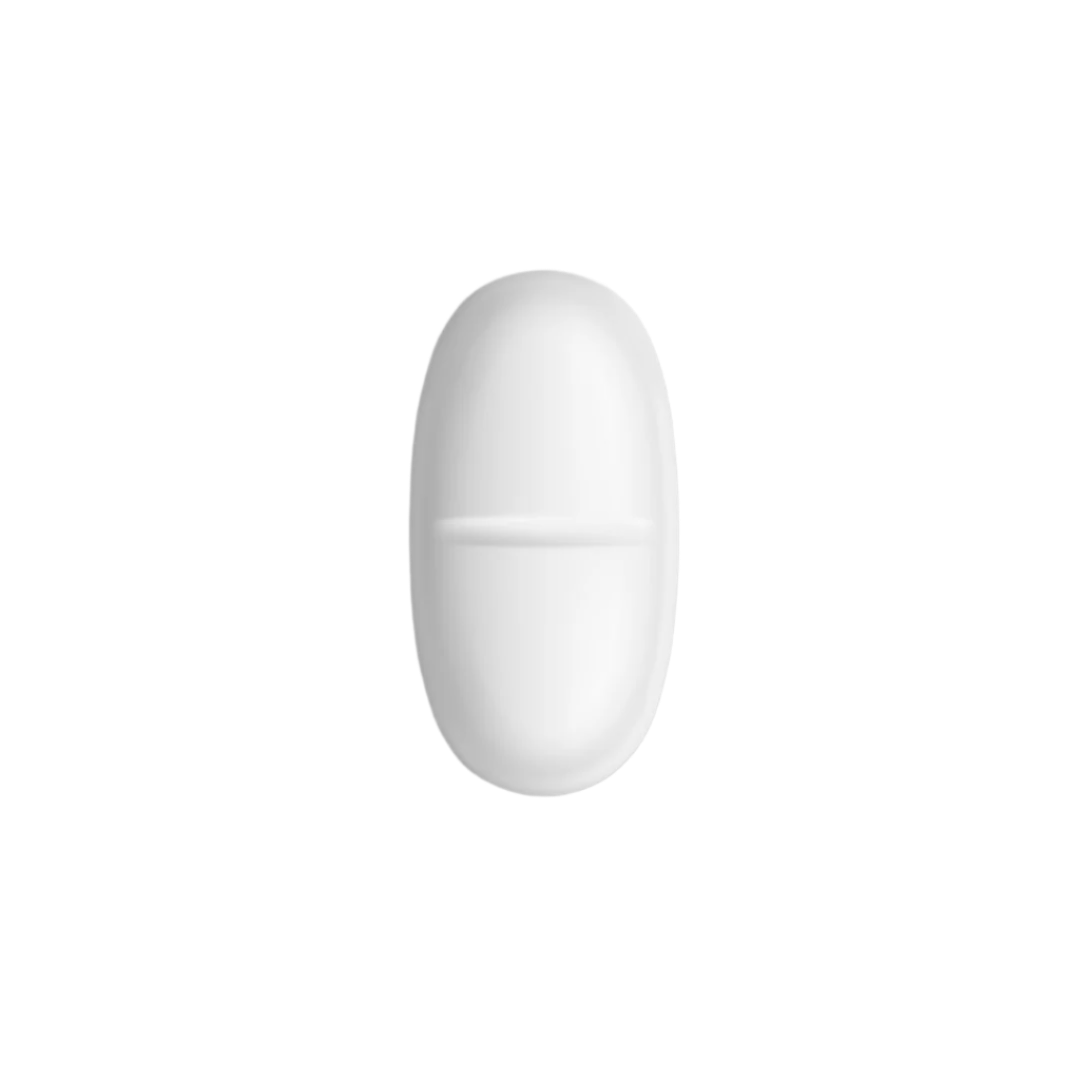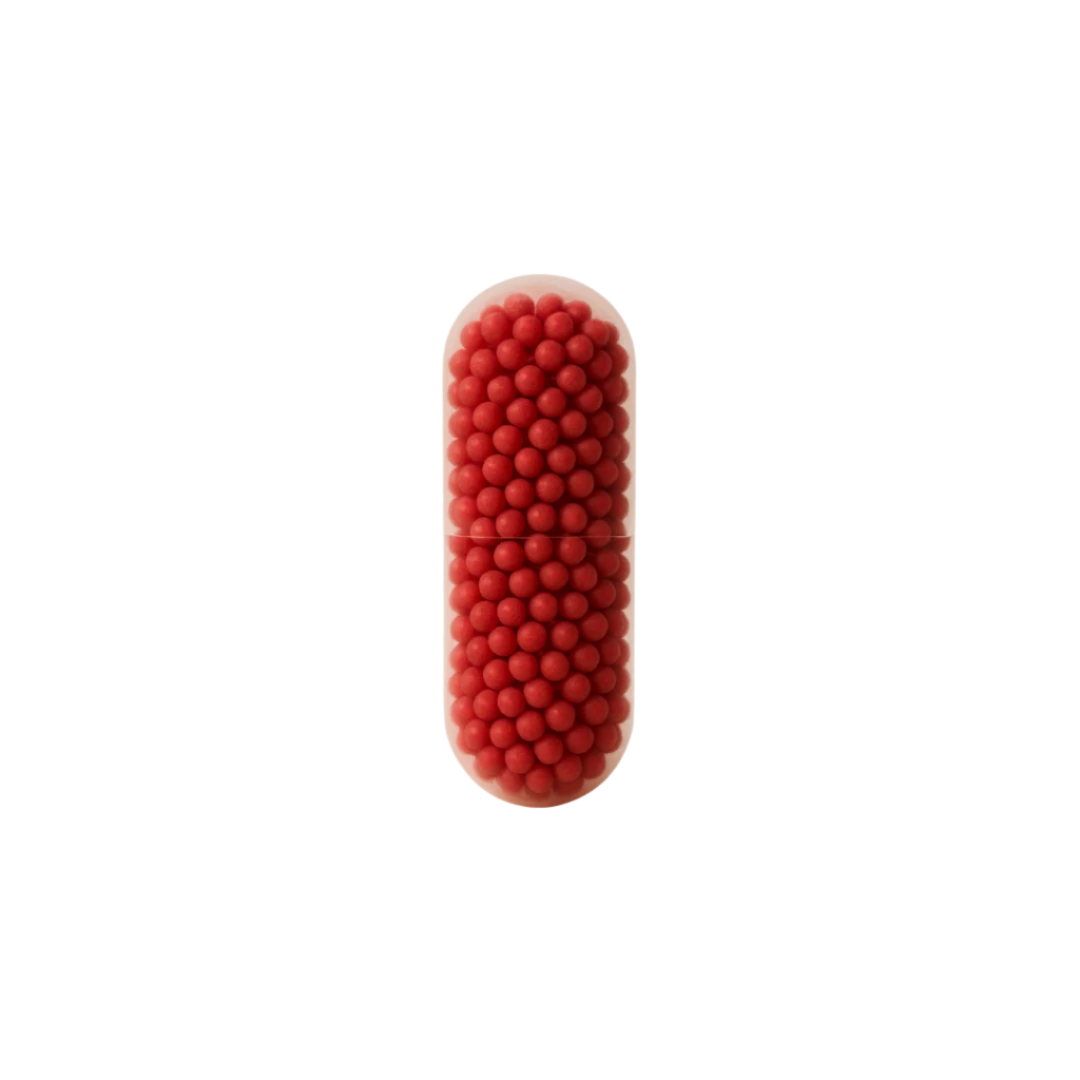Fitness Nutrition: Fueling Your Workouts for Optimal Performance

Fitness and nutrition are inseparable companions on the journey to a healthier and more active lifestyle. Whether you're a seasoned athlete or a casual gym-goer, the importance of proper nutrition cannot be overstated when it comes to maximising your performance during workouts. In this blog, we'll delve into the key aspects of fitness nutrition, exploring how the right fuel can enhance your energy levels, endurance, and overall well-being. To support our discussion, we'll draw on scientific studies, expert opinions, and reputable sources to provide evidence-based insights.
Understanding Macronutrients:

Fueling your workouts starts with understanding the role of macronutrients – the essential components of your diet that provide energy. These macronutrients include carbohydrates, proteins, and fats.
Carbohydrates: Carbohydrates are the body's primary source of energy, especially during high-intensity exercises. They are broken down into glucose, which fuels your muscles and brain. Research consistently supports the idea that consuming an adequate amount of carbohydrates before exercise can improve endurance and delay fatigue (Burke et al., 2011). Opt for complex carbohydrates like whole grains, fruits, and vegetables for sustained energy release.
Proteins: Proteins play a crucial role in muscle repair and growth. Consuming an adequate amount of protein after workouts supports muscle recovery and adaptation. Studies suggest that protein intake within the first two hours post-exercise enhances muscle protein synthesis, promoting effective recovery (Phillips, 2012). Include lean protein sources such as poultry, fish, beans, and dairy in your post-workout meals.
Fats: While often overlooked, fats are an essential part of a well-balanced diet. They provide a concentrated source of energy and support the absorption of fat-soluble vitamins. Including healthy fats like avocados, nuts, and olive oil in your diet can contribute to sustained energy levels and overall well-being.
Timing Matters

In addition to understanding the importance of macronutrients, the timing of your meals can significantly impact your workout performance.
- Pre-Workout Nutrition: Consuming a balanced meal containing carbohydrates, proteins, and a small amount of healthy fats 2-3 hours before your workout can enhance your energy levels. A study by Stevenson et al. (2009) demonstrated that consuming a pre-exercise meal improved endurance performance compared to exercising in a fasted state.
- Intra-Workout Nutrition: For longer and more intense workouts, consider intra-workout nutrition to sustain energy levels. This could include a sports drink containing carbohydrates and electrolytes to replenish glycogen stores and maintain hydration (Jeukendrup, 2014).
- Post-Workout Nutrition: The post-workout period is critical for recovery. Consuming a combination of carbohydrates and protein within the first two hours after exercise can enhance glycogen replenishment and muscle protein synthesis (Aragon & Schoenfeld, 2013). This aids in reducing muscle soreness and promoting overall recovery.
Hydration:

Proper hydration is often underestimated but is integral to optimal workout performance. Dehydration can lead to fatigue, impaired coordination, and increased perceived effort during exercise (Sawka et al., 2007). Aim to drink water regularly throughout the day and consider the following guidelines:
- Pre-Workout Hydration: Ensure you are well-hydrated before starting your workout. The American Council on Exercise recommends consuming 17-20 ounces of water 2-3 hours before exercising and an additional 8 ounces 20-30 minutes before starting.
- During-Workout Hydration: For shorter workouts, water is generally sufficient. However, for prolonged or intense sessions, consider a sports drink to replace electrolytes lost through sweat.
- Post-Workout Hydration: Rehydrate by drinking water after your workout. Monitoring the color of your urine is a simple way to gauge your hydration status – pale yellow indicates proper hydration.
Supplements:

While whole foods should form the basis of your nutrition, supplements can be a convenient way to fill nutritional gaps and support specific fitness goals. However, it's crucial to approach supplements with caution and only use them as needed.
- Protein Supplements: Protein powders can be a convenient way to meet your protein requirements, especially if you have difficulty getting enough from whole foods. Whey, casein, and plant-based protein powders are popular options.
- Branched-Chain Amino Acids (BCAAs): BCAAs, particularly leucine, play a key role in muscle protein synthesis. While they can be obtained from whole foods, BCAA supplements are commonly used to support muscle recovery and reduce muscle soreness.
- Creatine: Creatine is one of the most researched and effective supplements for enhancing strength and muscle mass. It helps replenish adenosine triphosphate (ATP), the primary energy currency of cells, during short bursts of intense activity (Kreider et al., 2017).
- Vitamins and Minerals: A well-rounded diet should provide most of the essential vitamins and minerals. However, if you have specific deficiencies or restrictions, supplements may be necessary. Consult with a healthcare professional before adding supplements to your routine.
Conclusion:
Optimising your workout performance through nutrition is a holistic approach that involves understanding macronutrients, meal timing, hydration, and, if needed, supplements. It's essential to recognize that individual nutritional needs vary based on factors such as age, sex, body composition, and the type of exercise performed.
Incorporating evidence-based nutrition practices into your fitness routine can lead to improved energy levels, enhanced endurance, and better overall well-being. Remember, consistency is key, and making sustainable changes to your nutrition habits will contribute to long-term success in achieving your fitness goals.
References:
- Aragon, A. A., & Schoenfeld, B. J. (2013). Nutrient timing revisited: is there a post-exercise anabolic window? Journal of the International Society of Sports Nutrition, 10(1), 5.
- Burke, L. M., Hawley, J. A., Wong, S. H. S., & Jeukendrup, A. E. (2011). Carbohydrates for training and competition. Journal of Sports Sciences, 29(sup1), S17-S27.
- Jeukendrup, A. E. (2014). A step towards personalized sports nutrition: carbohydrate intake during exercise. Sports Medicine, 44(S1), 25-33.
- Kreider, R. B., Kalman, D. S., Antonio, J., Ziegenfuss, T. N., Wildman, R., Collins, R., ... & Lopez, H. L. (2017). International Society of Sports Nutrition position stand: safety and efficacy of creatine supplementation in exercise, sport, and medicine. Journal of the International Society of Sports Nutrition, 14(1), 18.
- Phillips, S. M. (2012). Dietary protein requirements and adaptive advantages in athletes. British Journal of Nutrition, 108(S2), S158-S167.
- Sawka, M. N., Burke, L. M., Eichner, E. R., Maughan, R. J., Montain, S. J., & Stachenfeld, N. S. (2007). American College of Sports Medicine position stand







